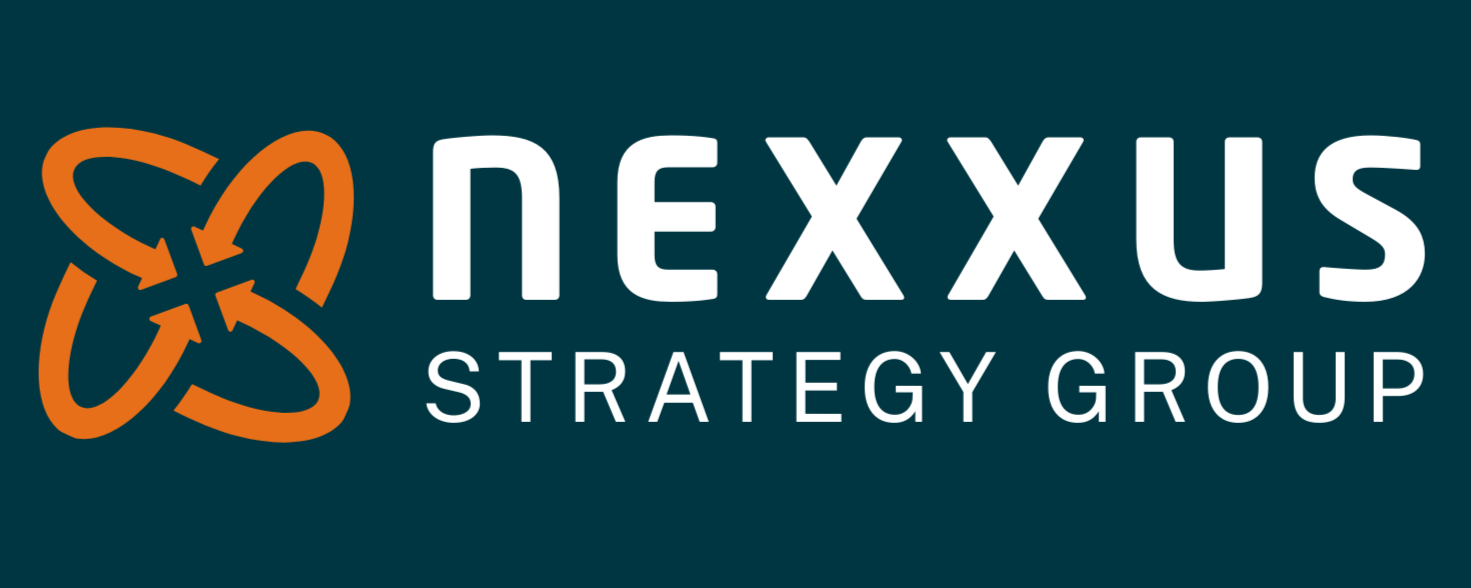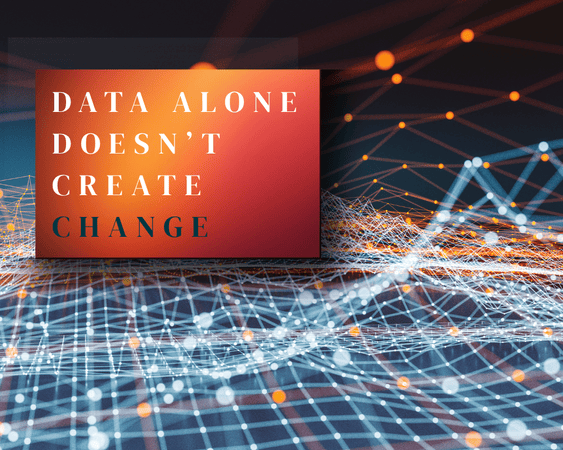Turning Data Into Decisions: The Power of Evaluation
Well designed education and learning systems generate mountains of data—from assessment scores to engagement, course participation and completion, tutoring, observations, grades and attendance records to program evaluations and survey results. But data alone doesn’t create change. The real power lies in using evidence to make better decisions. That’s where research and evaluation come in: they transform raw numbers into insights that leaders, educators, institutions, policymakers, and communities can act on.
At Nexxus, we see evaluation not as a compliance exercise, but as an opportunity to learn and improve. By asking the right questions and using rigorous methods, we help partners uncover what’s working, what isn’t, and why. More importantly, we make sure findings are communicated in a way that supports decision-making at every level of the system.
From Compliance to Improvement
Too often, evaluation is treated as a checkbox requirement for funding or accountability. While compliance is important, stopping there wastes the potential of data. A well-designed evaluation goes further: it measures impact, surfaces equity gaps, and identifies strategies that lead to meaningful improvement.
Evaluation is also about credibility. Leaders need evidence they can trust before making policy or programmatic changes. Through careful research design and transparent reporting, we ensure that evaluation results are both reliable and usable.
What Evaluation Looks Like in Practice
Validity and Efficacy Studies
Determining whether a new assessment or program truly measures what it claims to and impacts learning outcomes.Pilot Testing and Cognitive Labs
Gathering evidence from examinees and educators before full-scale implementation of innovative item types or instructional tools.Surveys and Interviews
Capturing educator and stakeholder perspectives to understand how policies and tools are used in practice.Program Evaluation
Assessing the effectiveness of tutoring programs, accountability indicators, or technology rollouts to inform next steps.Analytics and Reporting
Turning complex data into clear dashboards, briefs, and presentations that support decision-making.
Why This Matters
Good evaluation is the difference between guessing and knowing. It helps leaders allocate resources wisely, ensures that programs serve all students equitably, and builds public trust in the education system. Most importantly, it connects strategy to outcomes, making sure efforts translate into real impact.
At Nexxus, we bring both methodological expertise and practical experience. We design evaluations that meet rigorous research standards and deliver insights that busy leaders can actually use—so data becomes a tool for action, not just a report on a shelf.


